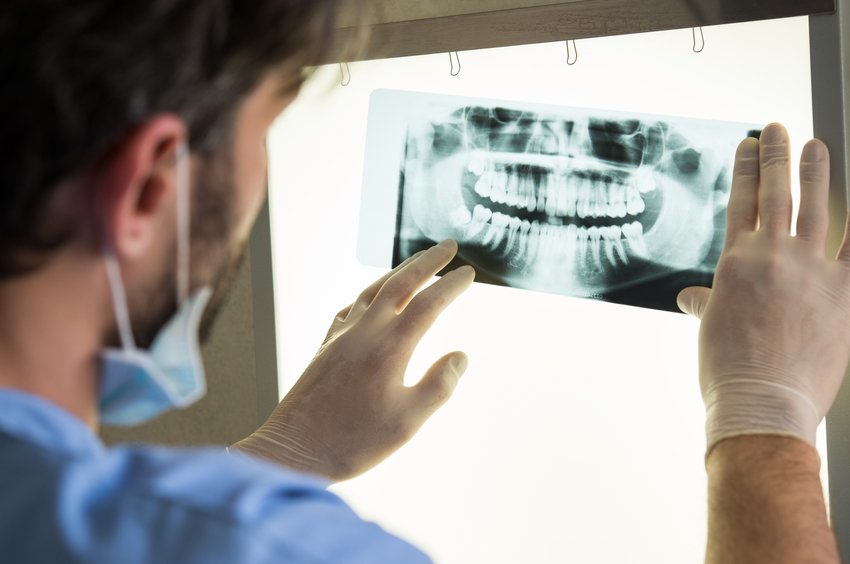Diabetics are constantly reminded of the ravages that their disease can wage on their bodies if they don’t properly manage their diet and blood sugar levels. Nerve damage, damage to their eyes, kidneys, heart and a myriad of small blood vessel maladies await them if they don’t manage their disease. Perhaps the least-known hazard facing diabetics, though, doesn’t grab nearly the same attention: Oral health.
When you have diabetes and the resulting high glucose levels in your blood, though, you’re at greater risk for all sorts of oral problems. They include:
Tooth Decay
Everyone deals with plaque, which contains acids that attack the enamel and dentin in your teeth. It’s made when starches and sugars in your food interact with naturally occurring bacteria in the mouth. When you have diabetes “” particularly high blood sugar levels “” the result is more starches and sugars remain in your mouth, which translates into more plaque.
Gum Disease
Diabetes also reduces your ability to fight bacteria which can result in more plaque. Unless you remove plaque religiously, chances are you’ll develop more tartar and the greater chance that tartar will lead to gingivitis, swollen gums and bleeding gums. Left untreated, gingivitis can lead to a more serious infection called periodontitis. While anyone can suffer from periodontitis, which destroys the soft tissue and bone that support your teeth, it tends to develop into more serious cases in diabetics because of their lower ability to resist infection and inhibited healing. In severe cases, periodontitis can lead to tooth loss. It also tends to lead to a vicious cycle: Periodontitis infections can increase your blood sugar levels, which in turn leads to more dental problems.
In a coordinated effort between diabetes and dental professionals, the American Diabetes Association has released some guidelines for diabetic dental care. According to the group, diabetics should take dental care very seriously. Along those lines, they suggest diabetics:
- Manage their blood sugar levels. The better handle you have on them, the less likely you are to develop dental problems.
- Be a stickler when it comes to brushing and flossing. Brush your teeth at least three times a day, and floss your teeth at least once daily to remove plaque between your teeth and under your gum line.
- Don’t let your dentist be a stranger. The same as the rest of us, people with diabetes should visit their dentist at least twice a year for cleanings and check-ups.
- Include your dentist in your diabetes care plan. Every time you visit, remind him of your diabetes so he can keep an eye out for related problems. Also, let him know if you suspect a problem. There is no such thing as paranoia when it comes to oral health and diabetics.
- Finally, if you’re still smoking despite your diabetes, it’s definitely time to quit. Smoking increases the risk of serious diabetes complications, including gum disease.

